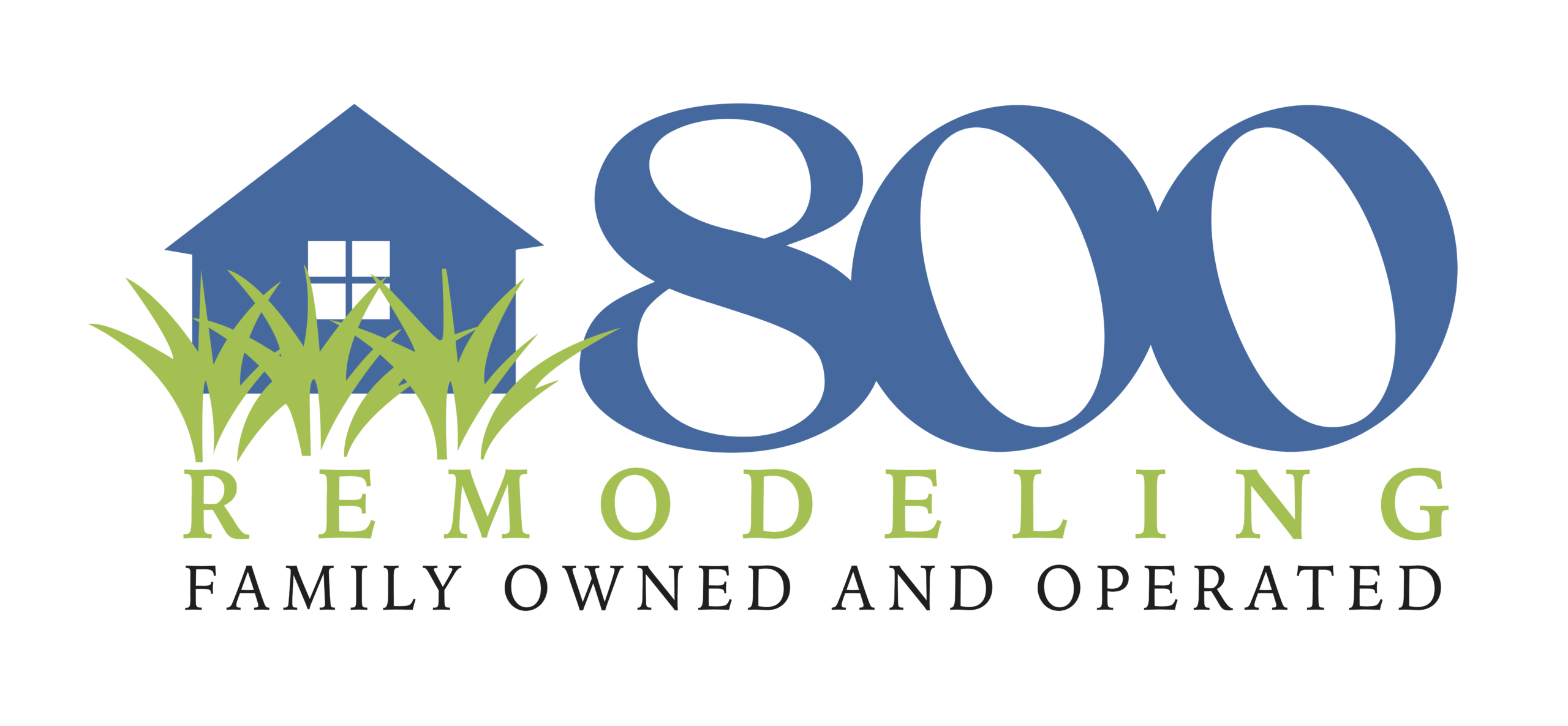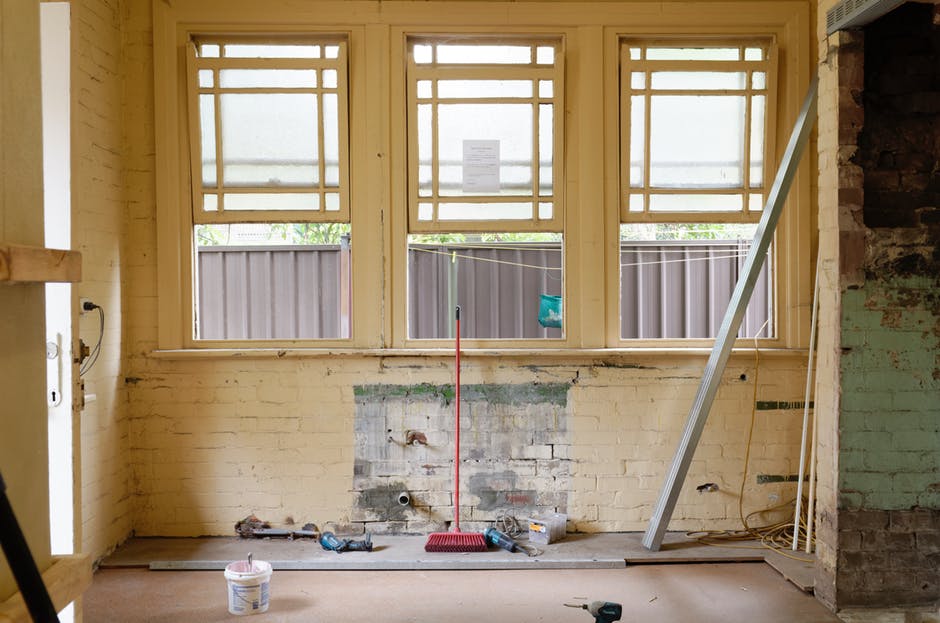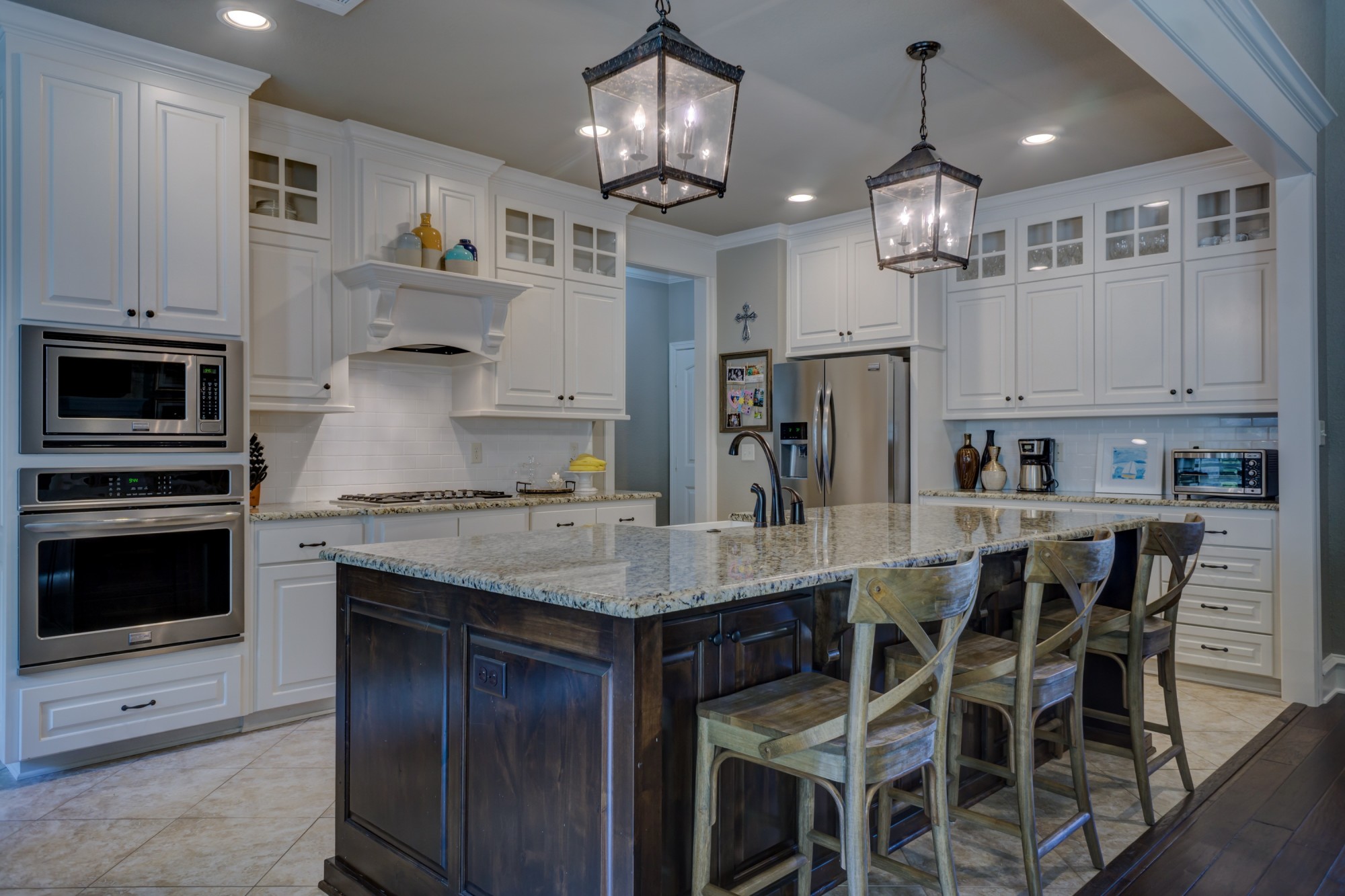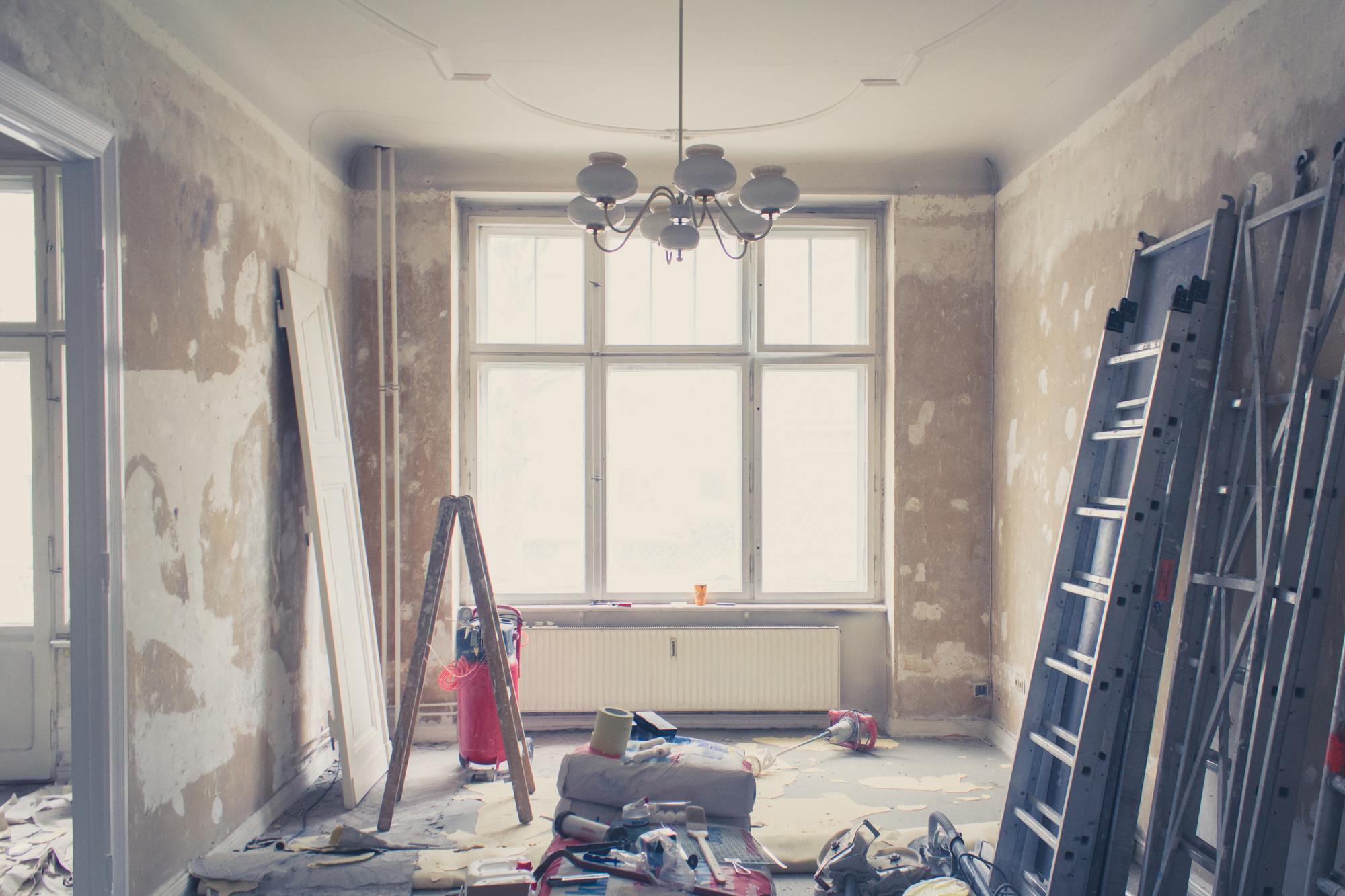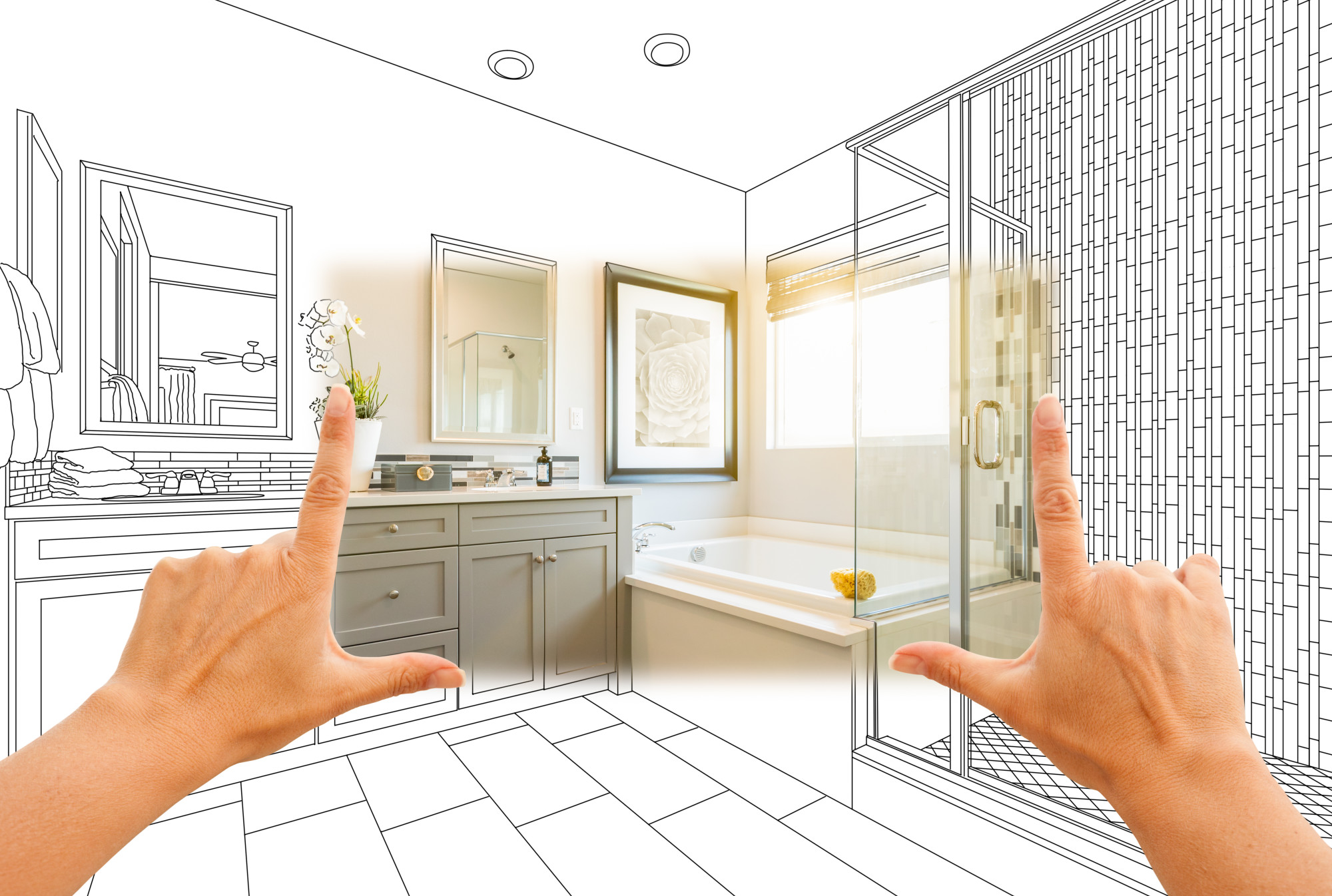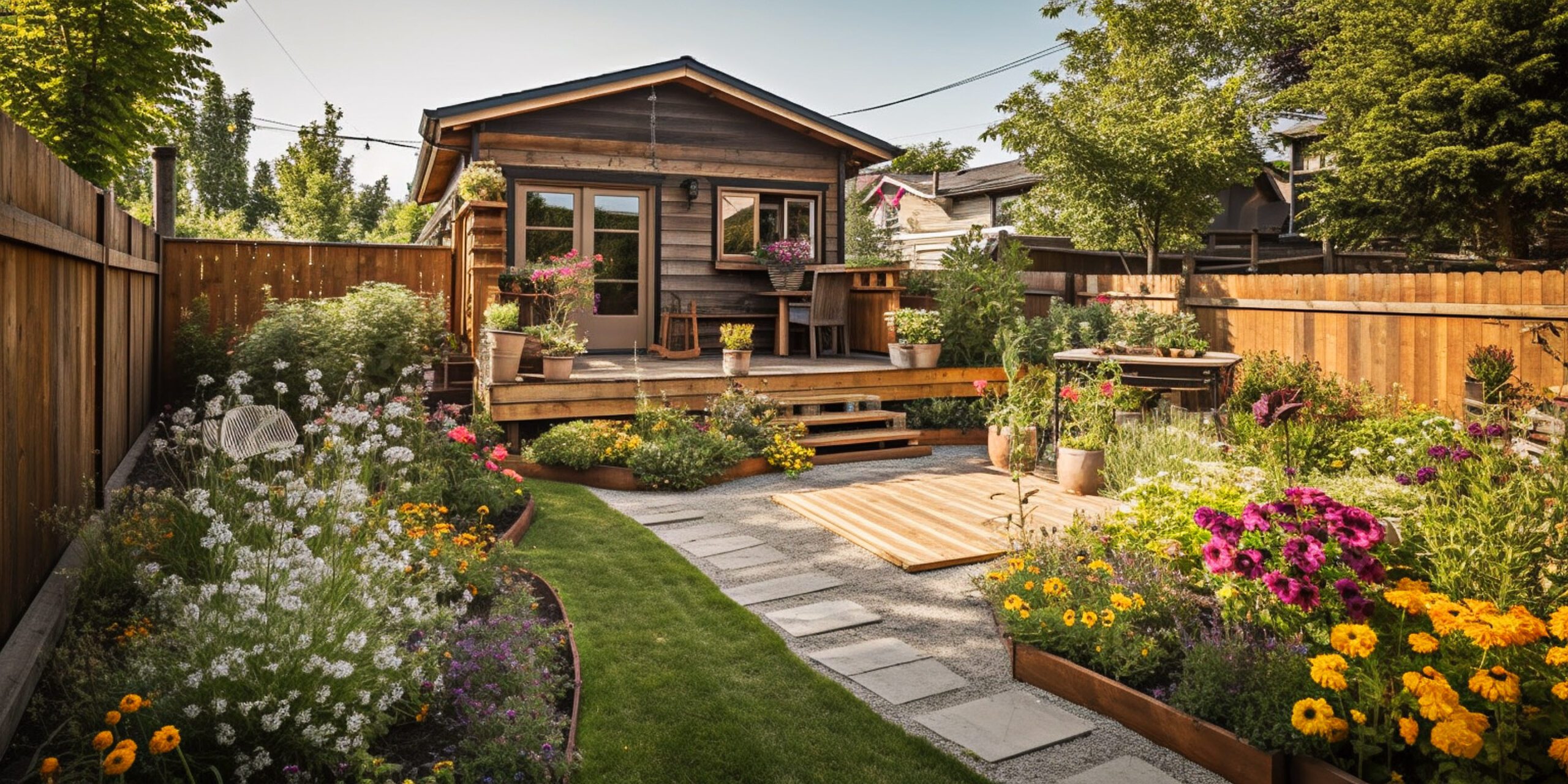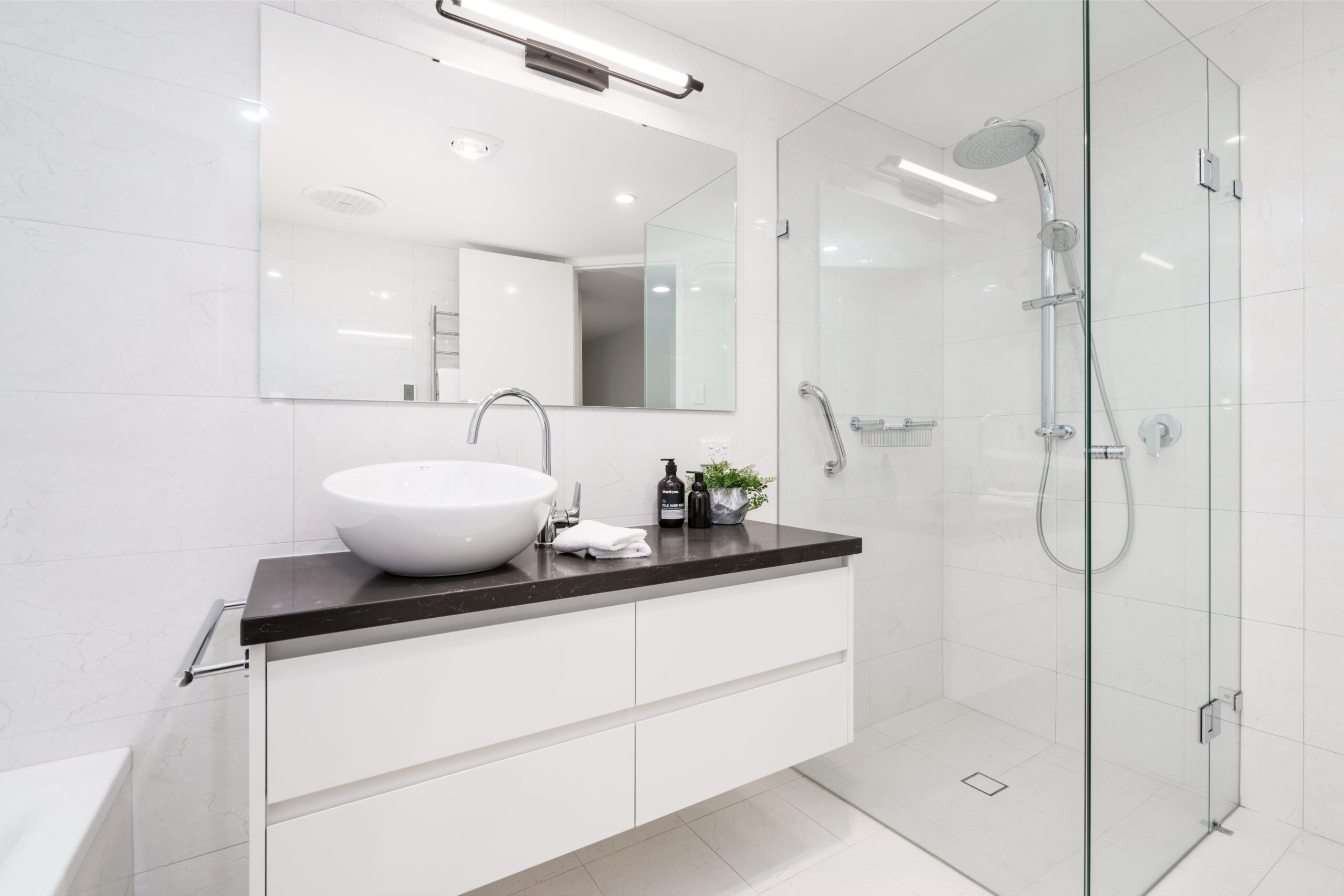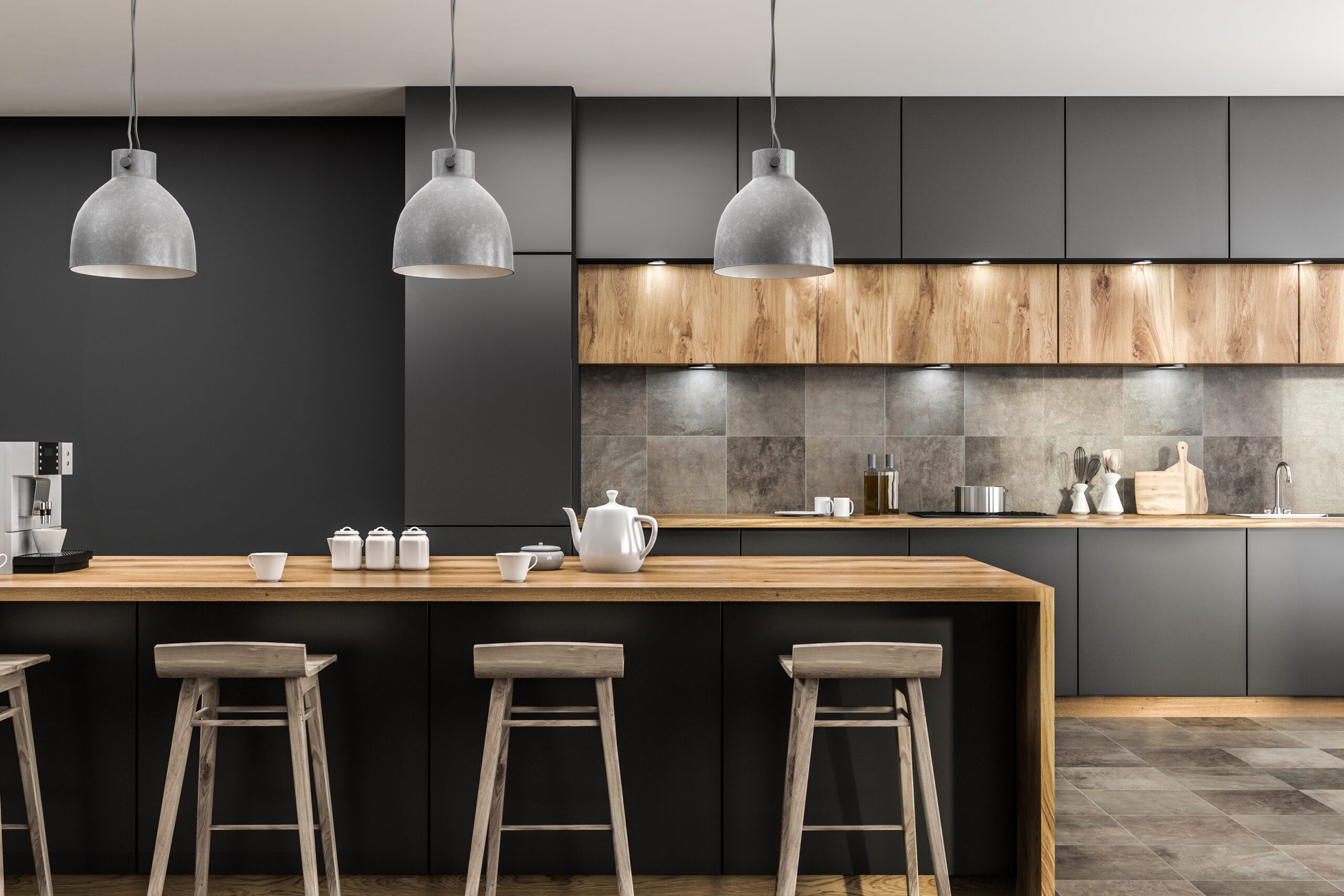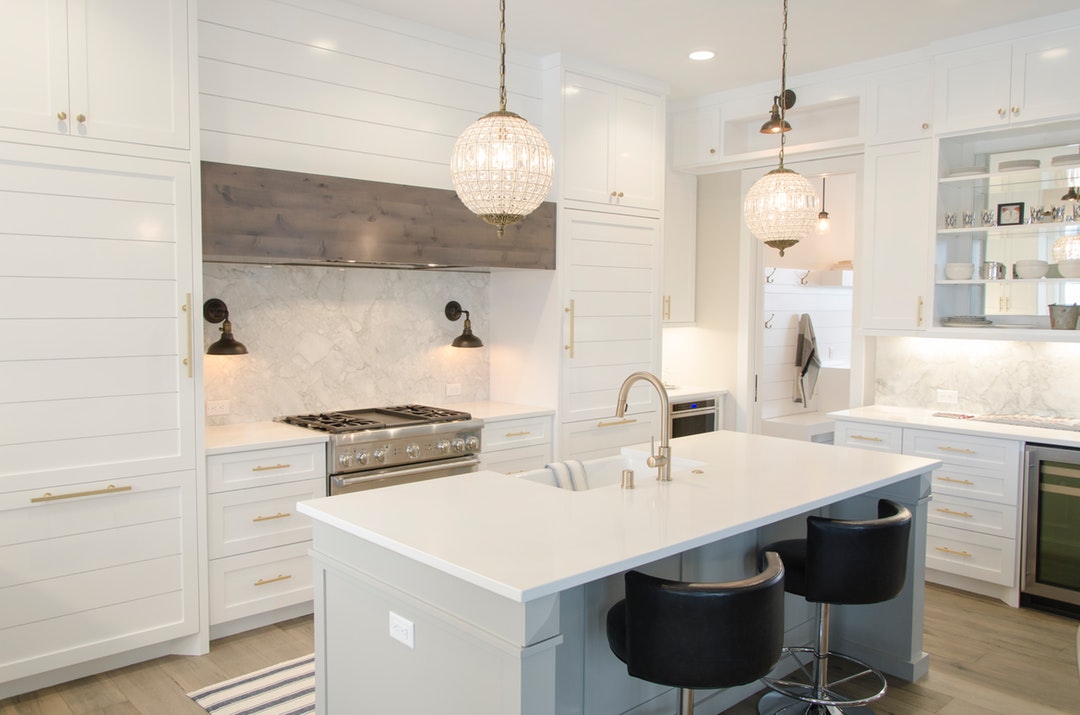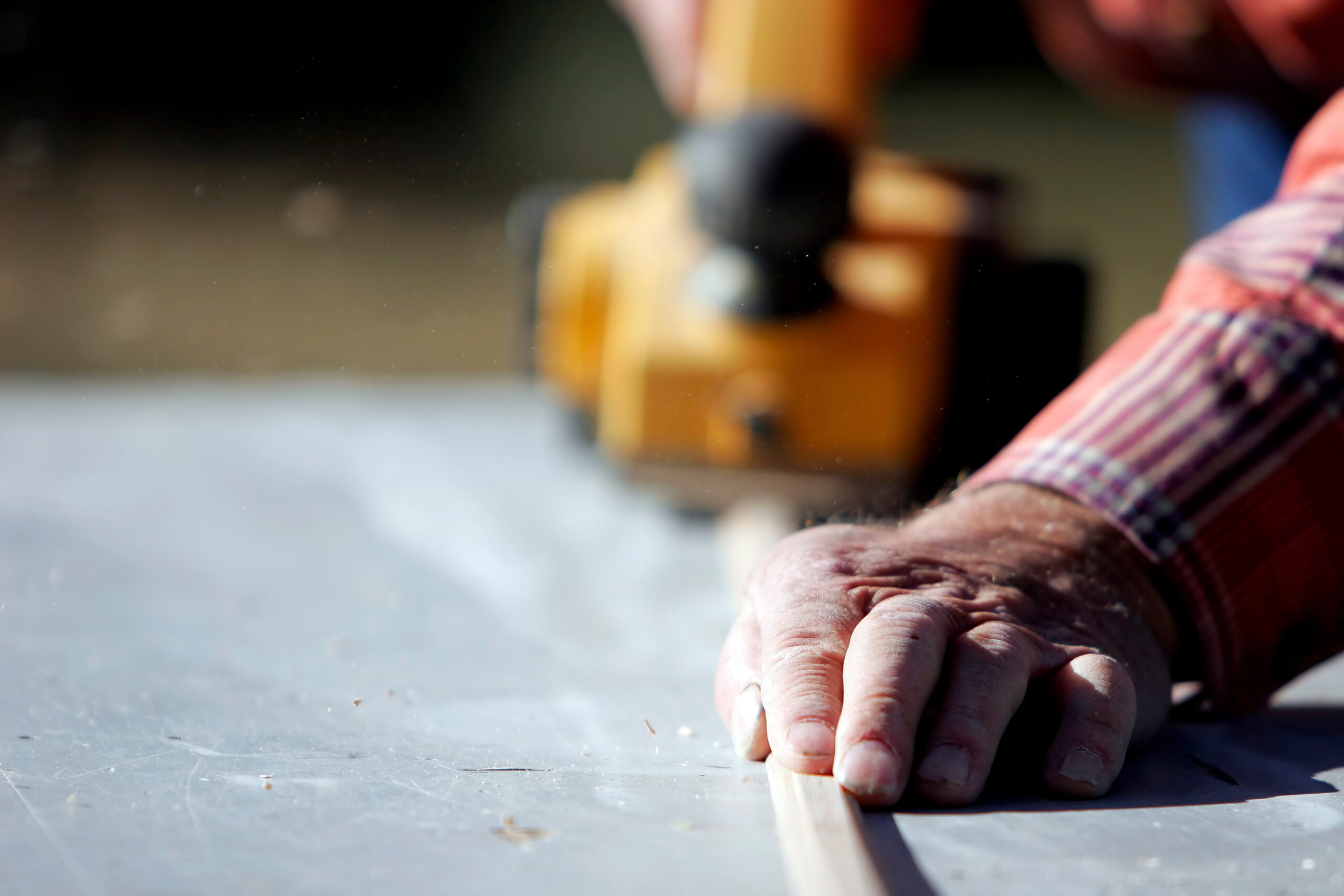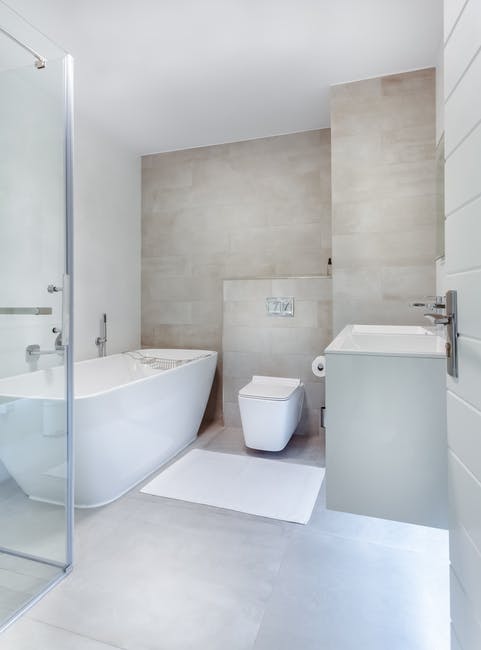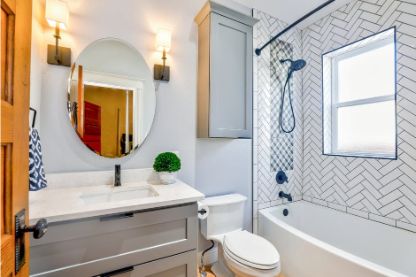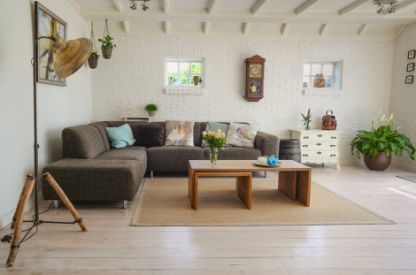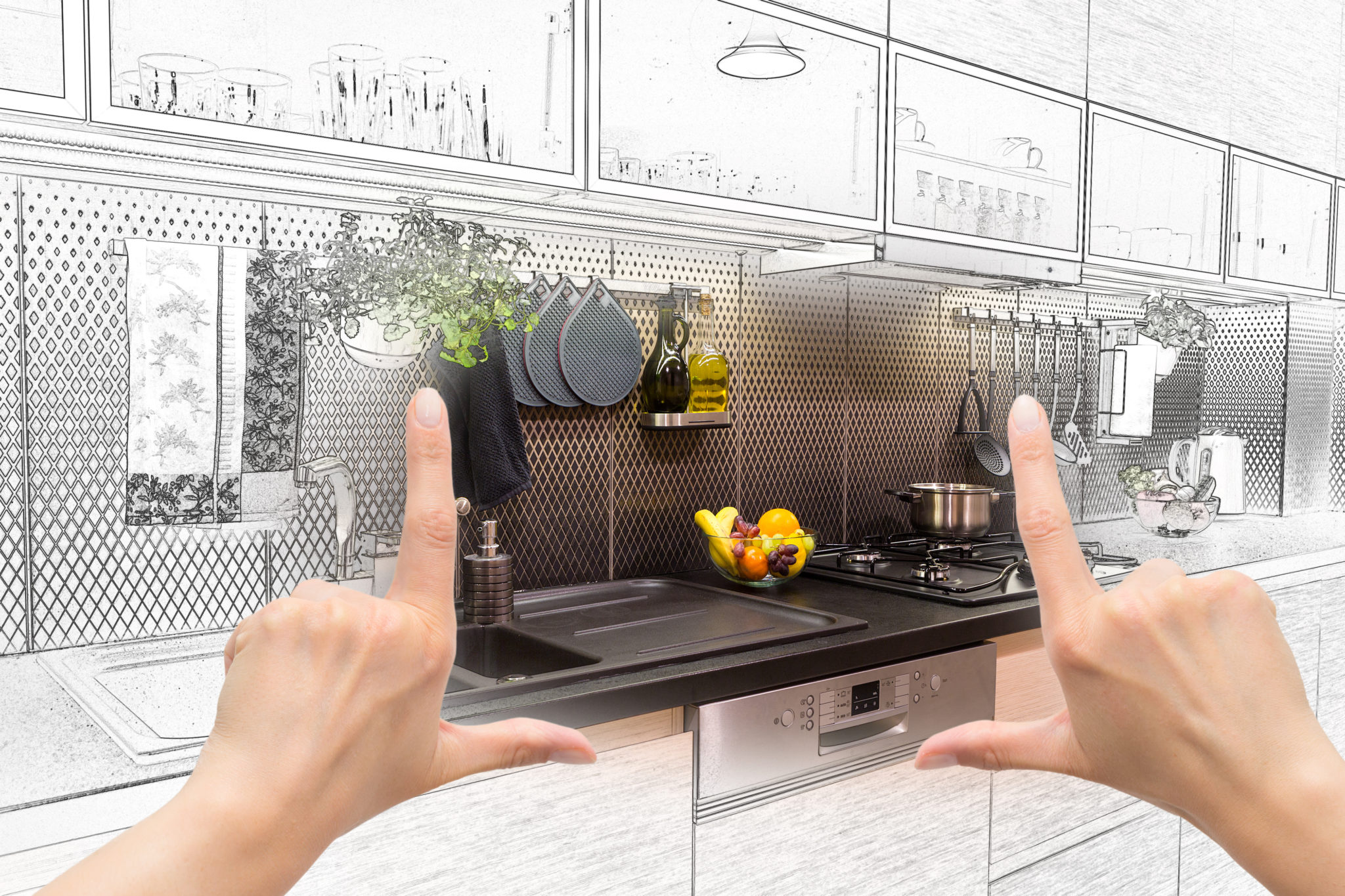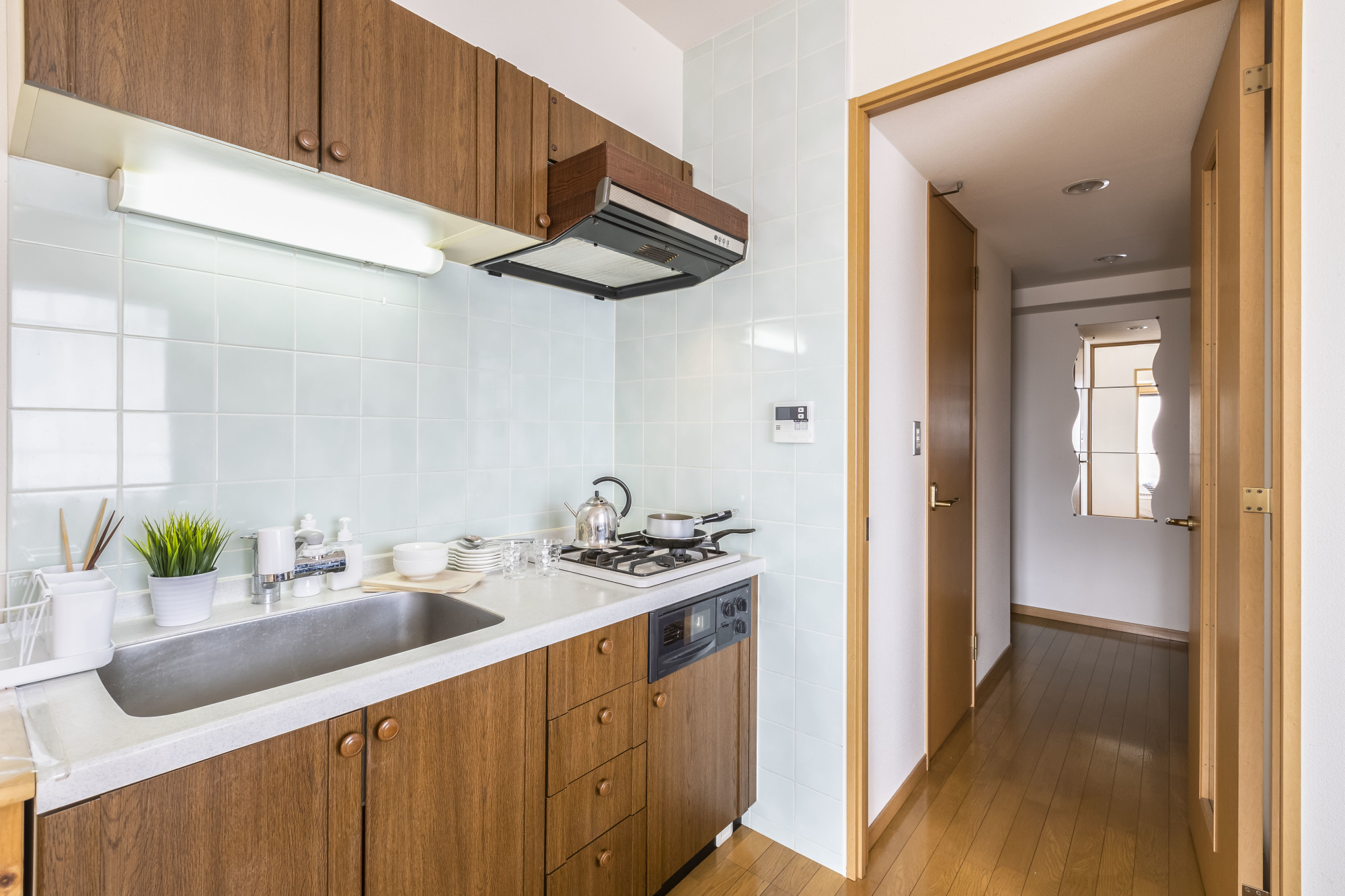Are you one of those dreamers who see beyond the ugly flooring, cracked plaster, and leaky basement? You just know, under the bumps and bruises, there’s something more.
Sometimes falling in love with a house means all you need to do is update cabinets, flooring, and paint colors. What do you do about the unknowns—the hidden structural issues and the DIY disasters created by the previous owner?
You have a dilemma! You can either rebuild or remodel.
Is your dream home a fixer-upper or a tear it down and start over type of project? If you’re not sure, read today’s post. We’ve put together a few ideas to get you thinking about whether remodeling or building a brand new home is your best option.
Let’s Get Sentimental
If you’ve fallen for the charm of a vintage home, you walk a fine line. Should you preserve history and renovate, or do you save the headaches and start from scratch with a modern home?
What if the home belonged to generations of your own family? Now, that’s a real dilemma!
Tearing down a family heirloom may feel like you’re wiping out a lifetime of memories. It could also mean you lose valuable architectural details like original hardwood flooring or the built-ins your great-grandfather designed.
Remodeling allows you to preserve history. Even if you bring everything in a vintage home up-to-date, you can still preserve some aspects of the original build.
When remodeling isn’t a possibility, you can often reclaim building materials and incorporate them into a rebuild. Now that we’ve dealt with the heart, we’ll talk about something you can’t sentimentalize—bones.
Start with the Bones
Before you start a remodeling project, you’ll want to determine whether or not your home has good bones.
If designed well and cared for over the years, older homes often age better than homes built today. A home with good bones is structurally sound, which can mean remodeling makes perfect sense. An assessment of the property should include the following:
- Solid Foundation
- Level Floors
- Strong Roof
- Ceiling Height
Make sure you assess the windows as well. Look for windows sized adequately enough to provide plenty of natural light.
There are other areas to consider when determining whether a home has good bones. For example, inspect bathrooms for mold development on walls and floors. Look for signs of termites or other pest infestations. If the home has an attic, can you finish it off and create a living space?
You can hire a home inspector if you’re not comfortable making assessments yourself. Even better, contact a contractor who specializes in remodeling homes. They can make a quick assessment and help you come up with ideas on modernizing the space.
Before you get much further into making a decision, you should compare the costs of remodeling vs. rebuilding.
Have You Made a Cost Comparison?
Cost is a significant factor when deciding between tearing down and rebuilding or remodeling an existing home.
When you choose to remodel, you’ll want to look at the mechanicals. You may need to replace the entire HVAC system and water heater. If the home still has old wiring, you should replace it and install a new electrical panel.
Many homeowners decide to add square footage when they remodel. That could mean adding an addition or finishing a basement or attic to increase living space. Adding square footage often increases the value of the home, which can offset the cost.
Know what you’re changing! Remodeling can give your older home a cost-effective facelift. New fixtures, appliances, mechanicals, and plumbing won’t cost as much as tearing down and rebuilding.
Unless you have significant structural deficiencies or other complex building issues, it’s usually more cost-effective to remodel. Another financial aspect of rebuilding deals with taxes.
Your Tax Situation
Use caution when deciding to rebuild a home. Depending on the nature of the building project, you could end up with an increase in your property taxes.
Some states offer tax benefits to homeowners when they remodel a home, but don’t offer anything when they tear down and rebuild.
Remodeling could also increase property taxes if it raises your home’s value (and most projects do). If you’re tempted to think your county tax assessor won’t know about your project, think again.
While you can’t hide a rebuilding project, you might get away with remodeling—at least temporarily.
Tax assessors monitor the value of every property in their taxing district. Some of their methods are more sophisticated, but they also perform drive-by inspections of properties, looking for significant changes. They have ready access to building and demolition permits as well.
The least sophisticated method tax assessor uses to track property value increases is the tattletale neighbor.
The best hedge you have against tax increase surprises is to sort out your tax questions before starting your project. Make sure you understand how your project will impact your property tax assessment.
What About Set Backs?
One issue that could sway your decision to remodel rather than rebuild has to do with property setbacks.
Setbacks are building restrictions a city imposes on property owners. The city uses setbacks to tell you where you can and can’t build something. Setbacks include (but aren’t limited to) the distance between houses and the distance between your property line and the sidewalk,
Building restrictions come into play more when you rebuild then when you remodel. Your older home has older setbacks. They’re likely more favorable than the current ordinances.
Tearing down your home and rebuilding means you now must comply with current building restrictions. If you remodel your home, you’re usually allowed to keep any existing setbacks in place.
Choose to remodel, and not only will you preserve your existing home, but you also won’t need to wrangle with your city’s planning and zoning department.
Need Help Deciding Whether You Should Rebuild or Remodel?
Anytime you make significant changes to an existing home, you’ll have an array of decisions to make. Don’t let it overwhelm you! Go over each choice and make a list of the pros and cons, and eventually, you’ll come to the point where there’s a clear answer.
If you’re still grappling with questions about whether you should rebuild or remodel, reach out to us! We’ve been helping homeowners create the living spaces of their dreams for over 40 years. We’d love to help you make the decision that works best for your home.
